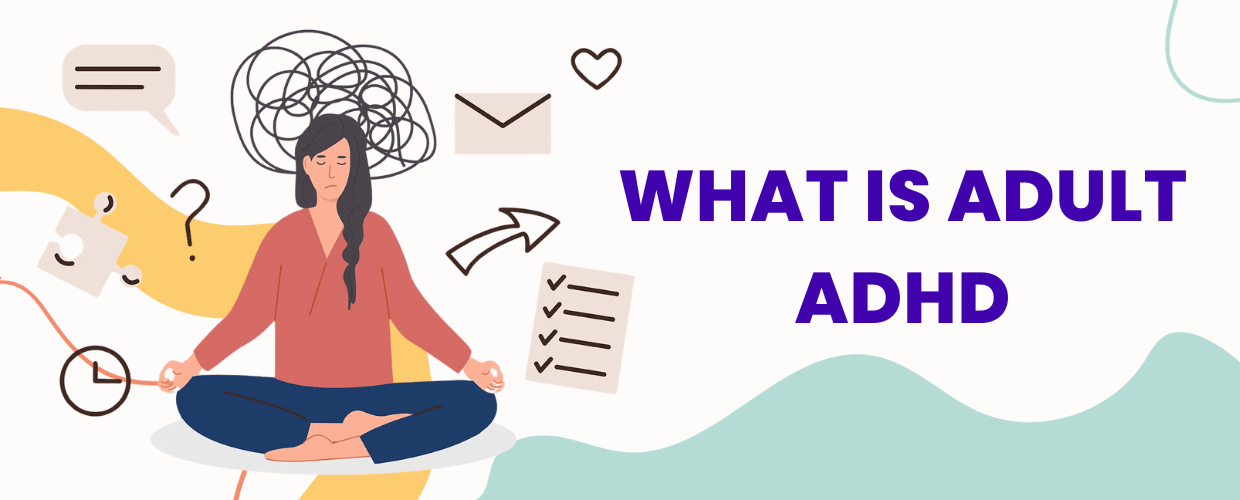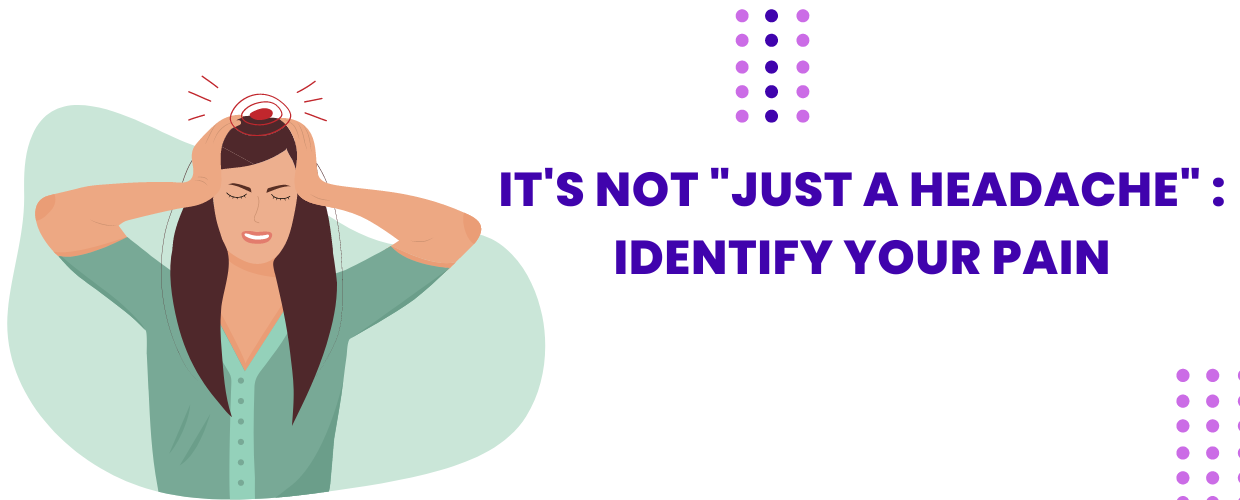Exploring the significance of mental health and the consequences of poor mental health leads to an understanding of essential components, including the role of medication. However, psychiatric medication is frequently disregarded and viewed negatively, while therapy is highly regarded. This biased perception towards medication in mental health needs to be addressed and debunked.
Assessing the severity of mental health disorders or issues is crucial, and it requires conducting tests and interviews before initiating treatment. For severe cases, medication is often prescribed, and it is essential to have a clear understanding of the medication’s purpose. While mental health professionals are open to answering any questions about medications and creating a safe space for their patients to clarify their doubts, some people tend to hold onto negative beliefs about psychiatric medication. Here are some common misconceptions.
Psychiatric Medication Is Addictive:
One of the common misconceptions surrounding psychiatric medication is that it is addictive. However, it is important to understand that mental health drugs come in different forms and dosages, such as antidepressants and anxiety medication. Unlike illegal drugs that cause addiction, psychiatric medication is administered in a controlled setting, and the dosage is managed, usually for a short term depending on the disorder. Holding onto this false belief may discourage people from seeking help, which could ultimately worsen their symptoms. It is crucial to note that there are many non-habit forming drugs available, and mental health professionals can provide guidance on selecting the right medication.
Psychiatric medication needs to be taken for a long time:
One of the common misconceptions surrounding psychiatric medication is that it is addictive. However, it is important to understand that mental health drugs come in different forms and dosages, such as antidepressants and anxiety medication. Unlike illegal drugs that cause addiction, psychiatric medication is administered in a controlled setting, and the dosage is managed, usually for a short term depending on the disorder. Holding onto this false belief may discourage people from seeking help, which could ultimately worsen their symptoms. It is crucial to note that there are many non-habit forming drugs available, and mental health professionals can provide guidance on selecting the right medication.
Psychiatric Medication and its side effects:
All drugs, including mental health medication, have potential side effects, varying in intensity from mild to severe. A mental health professional prescribes medication based on the patient’s medical history, current diagnoses, and symptom severity. Initially, the first few weeks are devoted to finding the most suitable medication for the patient, and only then is the medication continued. Mental health professionals prioritize selecting medication with minimal side effects to ensure patients’ comfort, and if there are any potential side effects, they will inform the patient to prepare them and prevent them from feeling uninformed.
Final Thoughts:
If you or someone you know is displaying symptoms of poor mental health, it is crucial to consider seeking help from a psychiatrist or another mental health professional. Once you have taken the initial step, the mental health professional will guide you through the next steps, which may include medication. It is important to ask questions and clarify any doubts about the medication prescribed to know what to expect. The mental health professional will assist in addressing any uncertainties to ensure that the patient is comfortable with the treatment plan.






